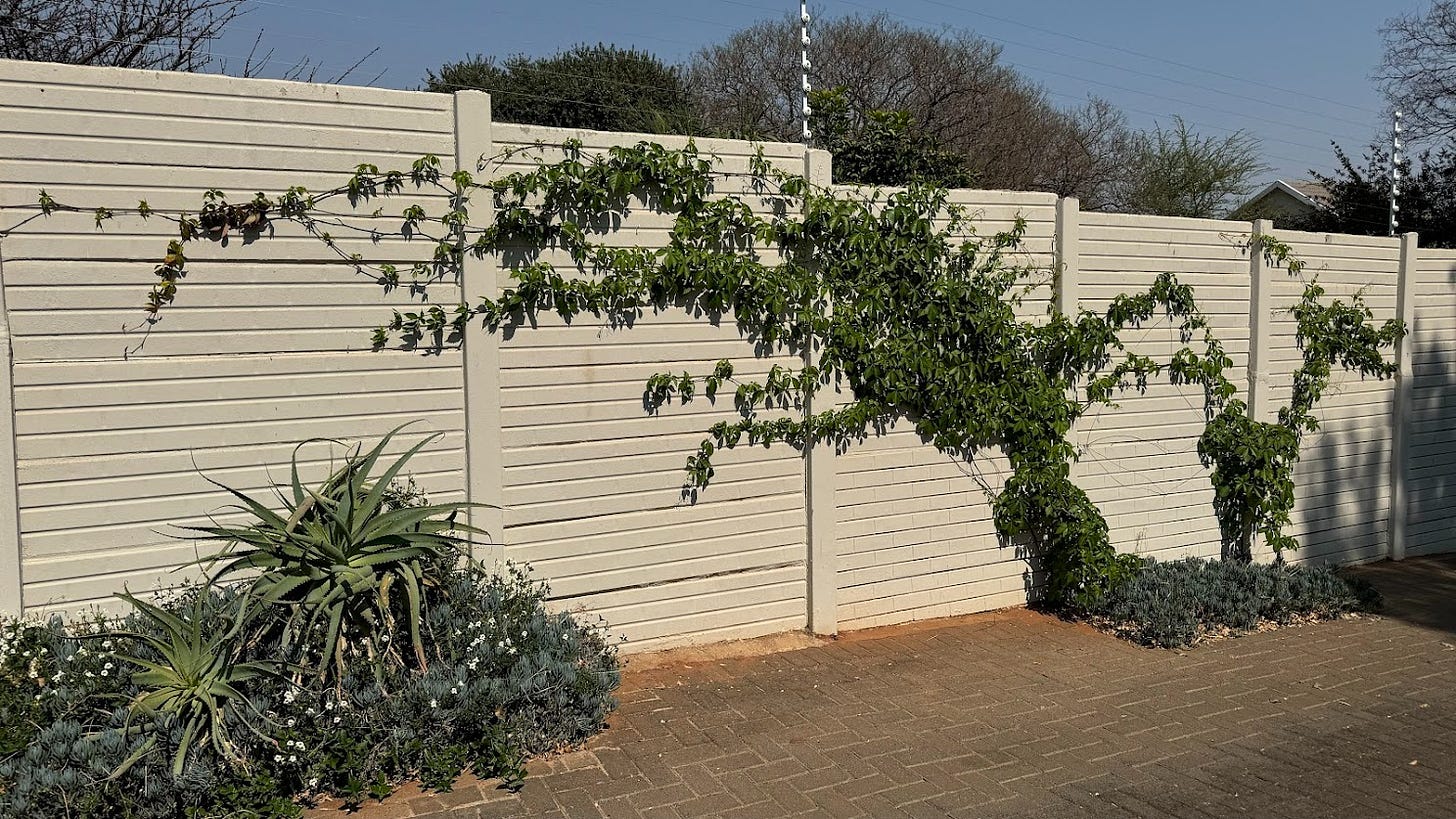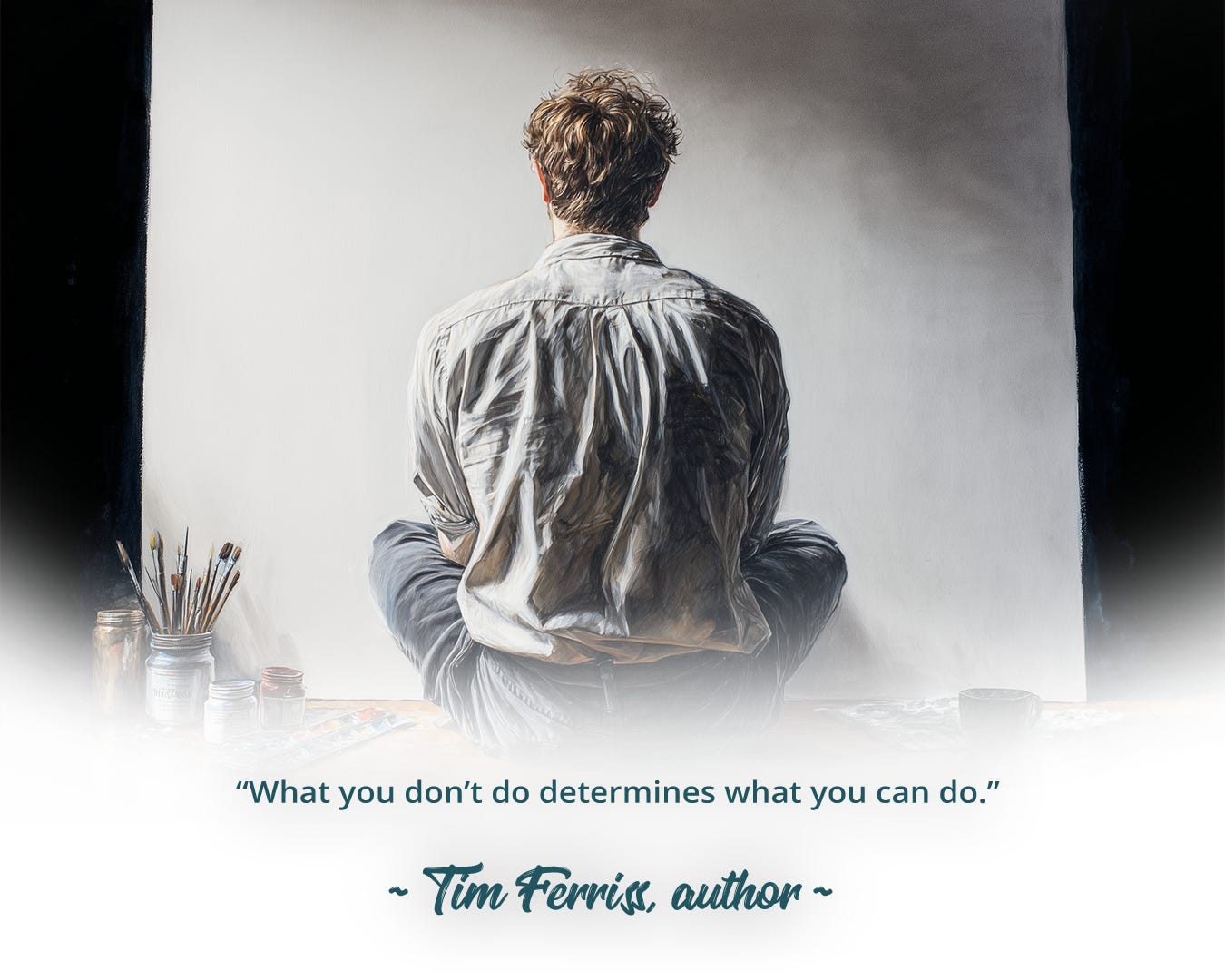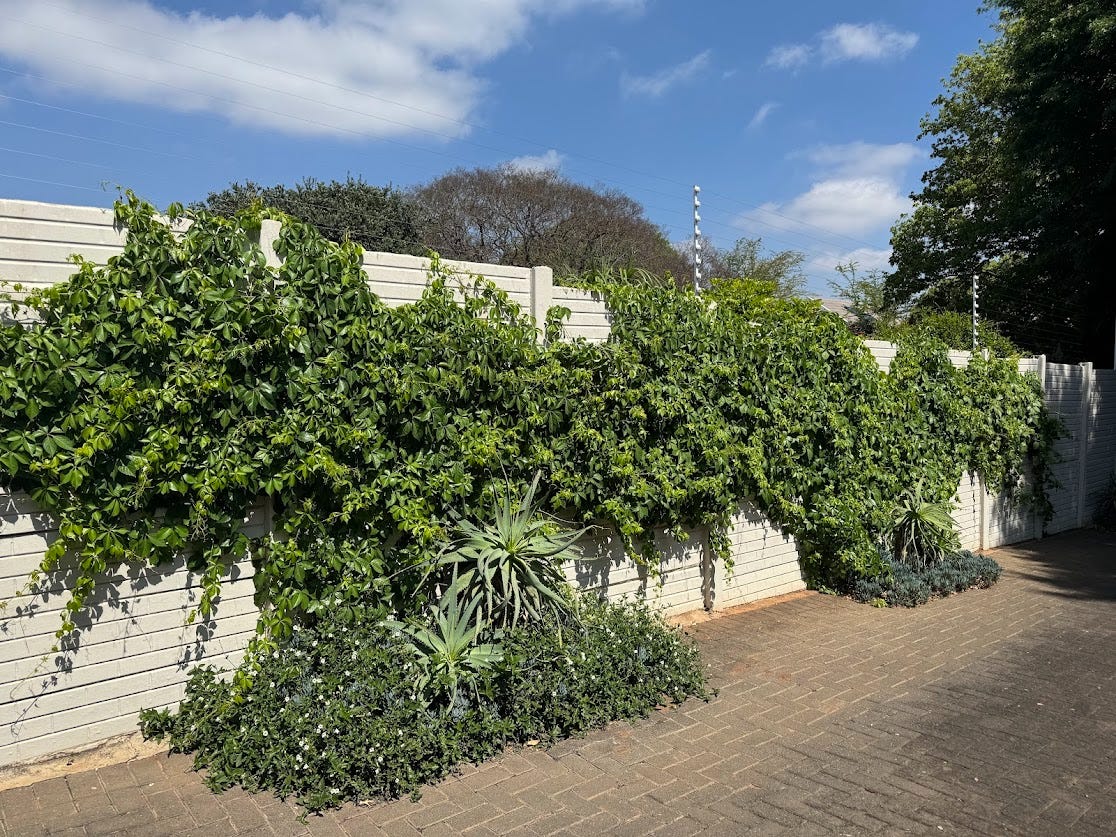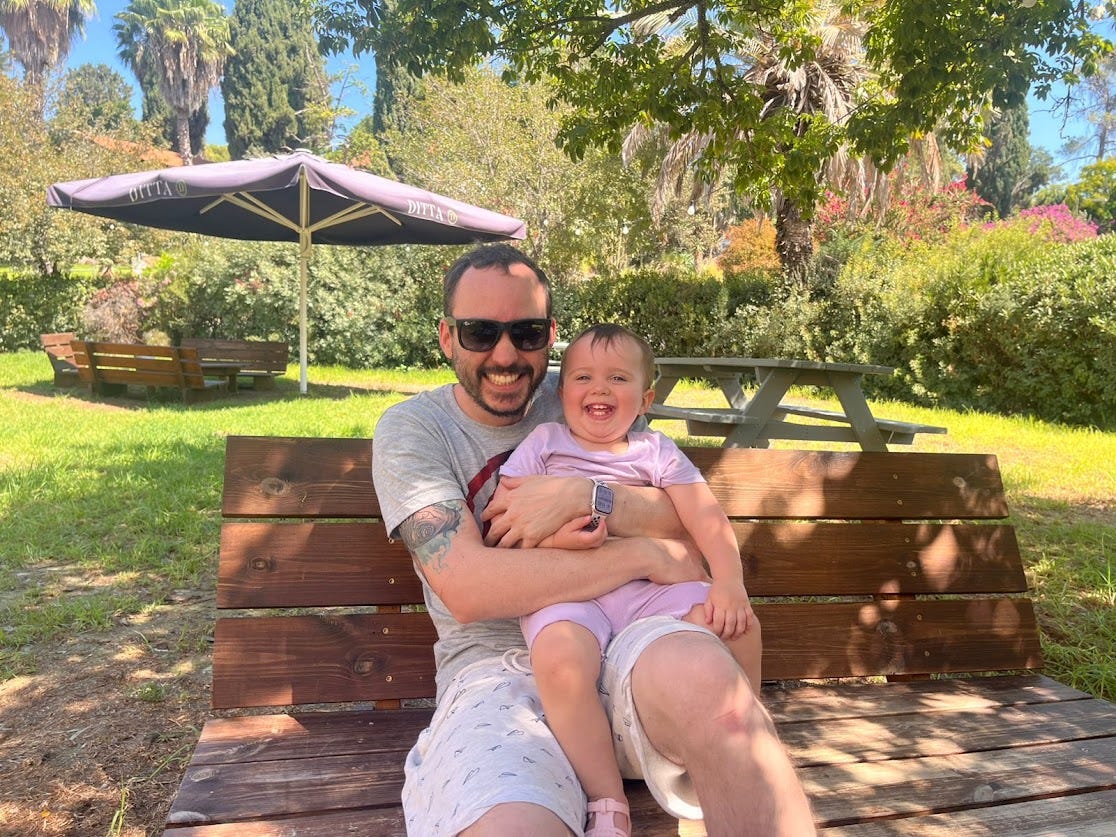Accept and say No
In a week sliced in half by a public holiday, we had the opportunity to consider carefully where we wanted to spend our time. Being able to say No gave us space and time for more.
Enabling The How #233. Reading time: 5 minutes, 38 seconds
In a week sliced in half by a public holiday, we had the opportunity to consider carefully where we wanted to spend our time. Time being a very precious commodity, and being a small team, we have to be considerate of where we place our focus.
On our recent visit to Soweto, Matthew G made a generous offer to launch a project for the social workers. Reinvigorated around an idea that had been seeded in 2019, we were excited at the prospect of finally being able to actually do the work we had so wanted to do for so long.
Chantal redesigned the programme to include improvements and upgrades we had made and it was sent off for consideration. Ideas and desires to offer and receive new skills and practices suddenly looked a whole lot different when grounded in time requirements and participation expectations.
Reality set in
Reality soon set in. Competing priorities, specifically Masters studies, made the potential participants nervous. Could we rather start at the beginning of next year? Came the request.
Of course we could but that was when the other half of the group were starting their Masters studies. We needed commitment. This programme was going to run over the course of the entire year. Part of the offer was being able to gather data and with such a small group we could not afford to have anyone fall off the course.
We could have soldiered on, determined as we were to implement the programme. But we knew in our hearts that we were chasing our dream and could not wrestle others into it no matter how much we wanted to. Sadly but resolutely we decided to put the project on hold indefinitely.

Not valid
Matthew B is safely back home in the UK. He is enjoying time with his family, but not so much the weather.
“I’m cold,” he said in his first online meeting with us once he had settled back home.
It wasn’t that cold, but coming from over 30 degrees Celsius in Japan, 16 degrees can feel cold.
Two years ago we thought it was a good idea to set up a formal company in the UK. And we did. With the two Matthews and Chantal as directors. It was not long before we encountered some irritating administrative issues.
What was even more frustrating was that the organisation that we were working through would send an email stating it had a very important communication for us. However, they would only release it to us, once we had proven our identities.
All very well and easy for Matthew B, not so for us. Our identity documents, which were used to open the account with them, were persistently refuted as “not valid”.
“What do you mean, “not valid”?” Either one of us would shout at the screen, “This is all we have!”
And so we would go round and round in dead end circles. Eventually we just gave up. We ignored the emails. We’re “not valid” so what could we do? Not expend any more energy convincing them that we were valid.
Our exasperation cost us a fine. That woke us up. Angry, and awake to the reality.

B for bureaucracy
One of Matthew B’s first tasks on return to the UK was to research exactly what it was that we needed to do to comply now and in the future. His comprehensive email went on and on. So much small print it made Chantal’s eyes water and her head hurt.
“It’s too much,” she said blinking her eyes, “I can’t keep on reading.”
The British have always been exceptional at bureaucracy. Paperwork, policies, do’s and don’ts about what you can and cannot do as a business is pedantically presented and thoroughly policed. And with that they turn a “B” for bureaucracy to a flashing “A”.
“Do we honestly need this extra hassle?” asked Chantal, “Do we need a formal business to have Matthew B as a representative of 5th Place in the UK?”
“No we don’t,” said Matthew B looking relieved.
“Then let’s can it,” said Matthew G, “Bureaucracy gives me hives at the best of times, but the British version is next level.”
We should not have been surprised at the paper trail of knots and administrative burdens we encountered. Anyone who has watched Clarkson’s Farm will know the depths or heights those paper pushers go to squeeze a good idea into sludge, shut down any bit of innovation and put a wedge between having a dream and making a living.
“I don’t think they like small businesses,” remarked Matthew B with a shrug.
“They don’t like any business, it seems,” responded Matthew G.
Jeremy Clarkson would agree.
Accept and say “Yes!”
Whenever we wonder whether we should take up an offer or dive into a project, having considered it for as long as we feel is useful, we often look at each other and say:
“Accept and say Yes!”
It is one of our 12 principles and has guided our decision making and ability to go where we may not normally have gone, given our propensity to hunker down and get stuff done. It has resulted in us being exposed to a cornucopia of experiences. Some amazing, some not so much.
We have participated in an international industrial expo, of all things, by being gifted a stand. We took part in a trade show of suppliers supporting a national butchery (we are vegetarian, go figure!) We have given talks and workshops in places like Kliptown and the Klerksdorp Correctional Centre. We have worked with ECD practitioners in KZN and people with albinism in Rosebank.
Not every experience has been successful or resulted in business but they have always been lessons in acceptance and risk.
Accept and say “No”
There are times, however, when it is better to say No. The idea of burying ourselves in bureaucracy when all we want to do is to find ways to expand our reach and introduce more people to the benefits of building emotional fitness makes real sense.
Time is precious, we are small, we cannot afford to be sucked into the black hole of box ticking. Unless we absolutely have to. Accepting that we simply do not have the capacity or the income, at this stage, to dabble in a formal business, took a weight off all our shoulders. It freed us to focus on the important stuff, the real stuff.
Although we have wanted to institute a project to develop and support social workers since 2019, being faced with the possibility of wavering interest and reduced commitment forced us to face reality. This was not going to work no matter how much we wanted it to.
Saying no brought a sense of relief with the tinge of regret. With it, a space was opened up, not only in our calendars but also, more importantly, in our hearts and minds. Now we could focus on places and spaces where there was commitment and clarity on outcomes. Like making the world a better place.
Until next time.
Yours in feeling,
Matthew & Chantal
IMAGE CREDITS FOR THIS ISSUE: 5TH PLACE





